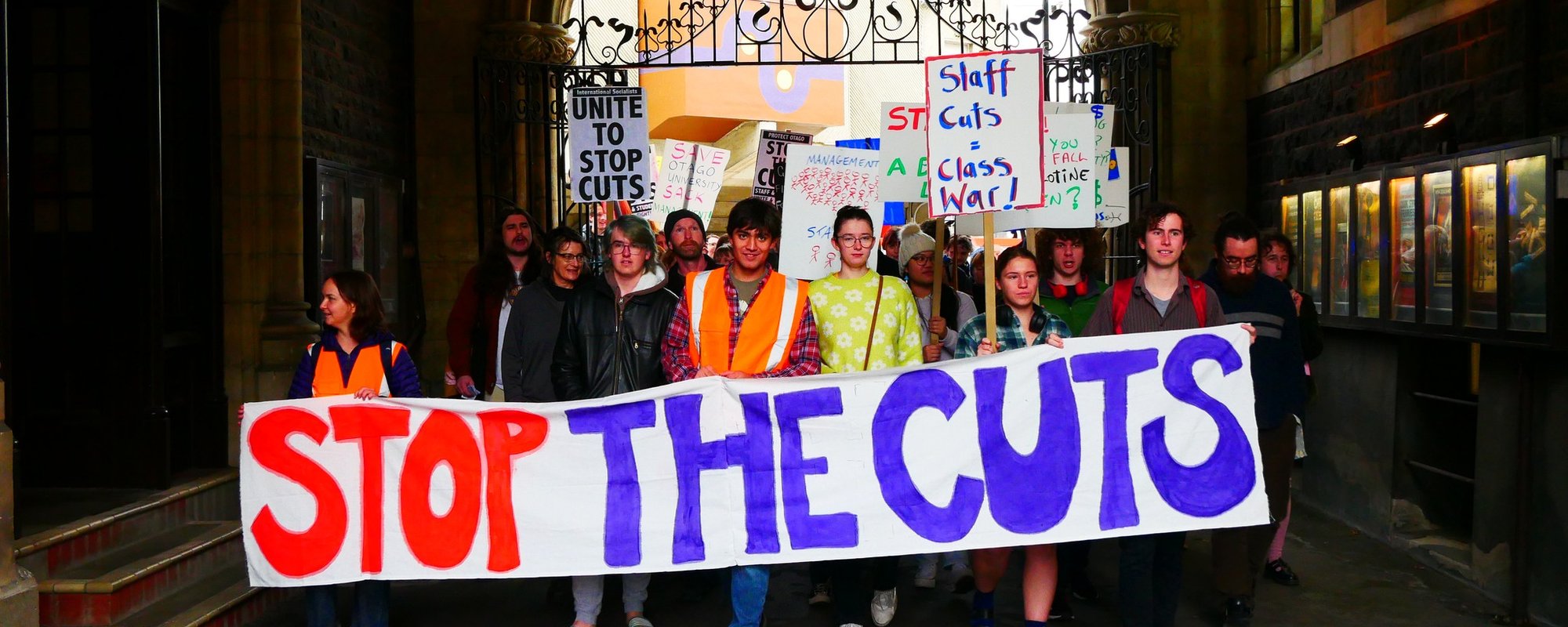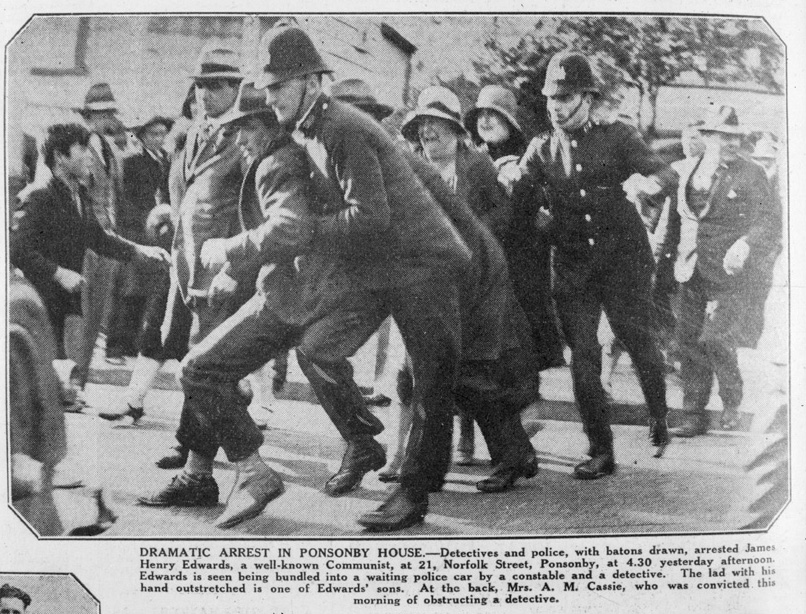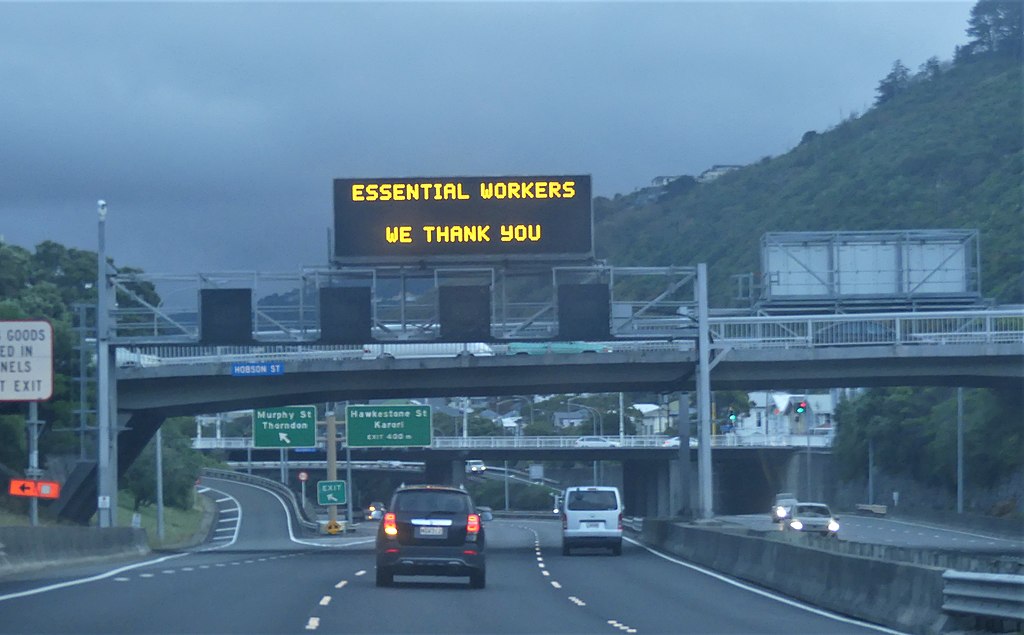Official price inflation figures were released on 27 January. The Consumer Prices Index (CPI) registered a 5.9 percent increase for the year 2021. Inflation is now at its highest since 1990. Everybody in work whose pay rate has not risen by 5.9 percent over the year has fallen behind the cost of living. That will certainly be the vast majority. Wages statistics for the year ending December 2021 are not out yet, but for the year ending September 2021 the average annual increase was 2.4 percent. That figure includes overtime; the increase in average hourly rates will be higher, but still well below CPI.
A series of hikes in the Official Cash Rate (OCR), the inter-bank loan rate that sets a basis for retail loan rates, is likely to follow these latest inflation figures. In other words, mortgage payers will be inflicted with still more pain than just by general inflation. Why, one might ask, do reserve banks internationally raise interest rates when inflation goes up? Doesn’t that make matters worse for people? It does, but not for all people. That word people obscures the differentiation that needs to be made between the minority ‘haves’ and the majority ‘have-nots’. According to bourgeois economic theory, inflation can be brought down by squeezing the ability of the majority to pay for goods and services and thereby restrict the demand for goods and services. Theoretically, high interest rates have this salutary effect not only on mortgage payers but also on slowing down economic life generally. Conveniently for the owners of capital who invest in loaning in one way or another they make a profit from high interest rates.

Whether cooling the economy by higher interest rates actually works to drive down inflation is another matter. I am no economist, but I well remember the ‘stagflation’ – stagnation with inflation – of 1970s Britain that belied bourgeois economic theory.
The National Party have reacted to the new inflation figure by calling on the government to cut public spending. Public spending is not the cause of the higher inflation. It is not specifically a New Zealand problem. Inflation here is in tune with world-wide rates. Inflation in the OECD area was 5.2 percent in the year to October 2021. The USA, the world’s biggest economy, had inflation of 6.2 percent. The euro area recorded 4.1 percent inflation. Energy prices, always vulnerable to geopolitical tensions, soared by 24.2 percent for the year to October. New Zealand cannot avoid these inflationary pressures, but that does not mean that Ardern’s Labour is powerless to act.
The government could legislate to bring the Reserve Bank back under central government control and keep interest rates low. The Reserve Bank is state-owned, but it was made independent by a Labour government in 1989 in the wave of destructive neoliberalism, a.k.a. Rogernomics. More than take back the Reserve Bank, it would be no bad thing to nationalise the ‘big four’ banks that have been siphoning off obscene profits for years.
Ardern could do the one thing that would surely solve the housing crisis. It should undertake, through the reestablishment of a Ministry of Works, a massive state house building programme. For the private sector, rent controls should be applied.
The effects of high fuel prices could be countered by making a fundamental shift from private vehicle transport to a cheap, if not free, expanded public transport system
Food prices could be brought under control by the government. It could end the supermarket duopoly by intervening directly in the grocery sector by instituting consumer cooperative stores. Food prices could be controlled by a system of subsidies.
The suggestions made above are no more than measures that have been used in the past by social-democratic governments here and around the world. Yet the New Zealand Labour Party of today is so wedded to neoliberalism that policies that were commonplace yesteryear are only raised by revolutionaries today.
To think that Ardern’s Labour could be persuaded to take up these or similar policies to control interest rates, housing and transport costs, and food prices is futile in current circumstances. It would take a revolutionary mass movement to win such demands, just as it would to really tackle climate change.
Workers must look to their collective strength to defend and improve their standard of living. As it stands, inflation is a threat to every worker as the employers will resist matching pay rises to prices. We must also be prepared to defeat the demands of the Right to cut public spending. Unionisation is key, particularly in the private sector where union membership density is low. Let’s get organising!








